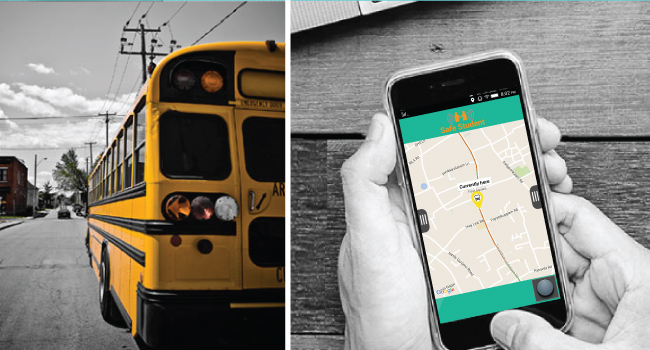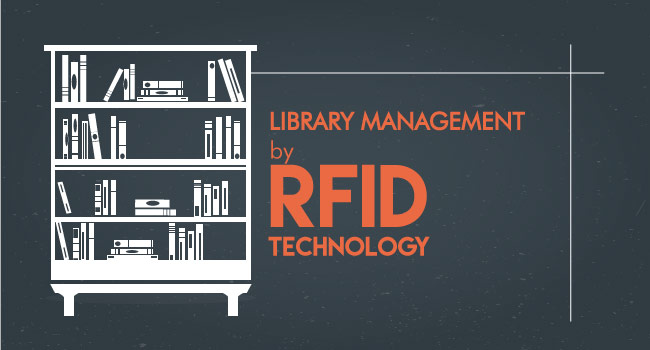Technology advances have greatly affected our lives and the way we work. With the help of technological innovation, we are able to communicate more, quicker and better than ever before. Many employers are reaping several benefits offered by technology.
School transportation has been influenced by technological advancements to a large extent. Today, most of your cars and buses are having Wi-Fi, satellite radio and a host of integrations. Numerous technologies used in cars are now implemented on school buses.
Must Read:
Here follows the 6 ways by which technology has changed your child's school transportation:
1. It's Easier to Track Students
As a parent, you may never stop worrying about the safety of your children. With the introduction of student tracking system, you are able to enjoy better safety for your children. You get to know whenever a student exits or enters the school bus, as they are tracked using ID cards.
When a child's ID is paired with GPS technology and RFID technology, you can better monitor his or her location in real-time. You can also get in touch with teachers and can have a good rapport with each other.
In addition to this, you will be able to track details about pending fee payments and thus get a notification regarding it through your app. Also using your id, you can change your child's pickup point whenever necessary.
2. Students' Safety is Doubled
With the installation of security cameras and integrating it with your smart phone applications, you can keep your children safe and provide a sense of security. These tools not only provide ease to the mind, but also provide you valuable data to produce reports.
3. Effective Planning of School Transportation
Earlier, route planning of school transportation used to be an arduous and frustrating. But, with the advancement of technology, you can optimize your school bus routes easily. By automating, you can create routes that save time as well as fuel.
Using GPS technology, you can figure out the shortest, safest and most efficient route for your school bus. Thus, you can reduce road hazards that may otherwise put your child at risk.
Every details regarding trips will be updated in the app including students in bus, those who are absent or on leave. Thus, the entire student statistics in the school bus can be taken using technology.
4. Emergency Management
It is difficult to manage school transportation during emergency situations such as highjacking, accidents or natural calamity. Earlier, during such situations, management was unable to find the real-time location of the bus. Use of GPS tracking system will make it a lot easier and thus take quick action at the time of emergencies.
With the help of GPS technology, school authorities will be able to know about the accident and its location instantly. Hence you can take necessary action to handle the situation.
You May also Like:
5. Helps to Take Bus Attendance Easily
Driver console app helps the driver to take school bus attendance easily. Whenever students enter or exit a school bus, their details will be announced via the audio facility as well.
The introduction of latest manifest feature help drivers to get school bus passenger details of a particular trip instantly. It will produce exact passenger detail of the day, neglect leave applied student details for the day, and all pickup point details for the day.
If one student applied leave and his pickup point is 3 km inside pickup point, then the driver can skip the pickup point because it will not appear in that day's stop list. This is particularly helpful to drivers working with multiple trips or routes. The manifest feature also includes a route diagram which helps you to identify the pickup location. Hence, as a driver, you are not required to remember every student and their pickup points.
6. Effective Management of School Transportation
Using the same technology you use to track students, employees can also be managed efficiently. Transportation officials can monitor routes and detect unauthorized stops, which may affect fuel costs of school transportation.
Today life has become simpler and easier with the help of technology. It has completely revolutionized school transportation.
As most of us follow the 9 to 6 work culture, it will be difficult for you to check out the safety of your child's school transportation. These smart school apps will help you to solve this issue. It would be handy for you to monitor your child's location in real-time through smart phones, which are constant companions for most of us.

